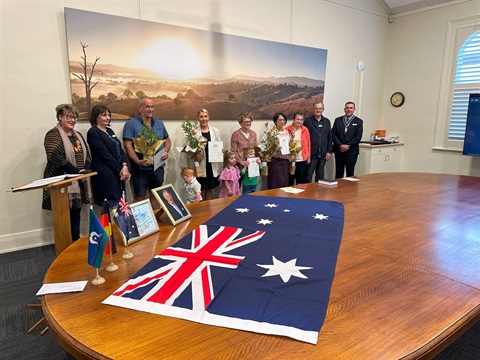
Thousands of Australian men each year can no longer have sexual intercourse following prostate surgery – but a pioneering new technique offered at Melbourne’s Linacre Private Hospital is helping to restore their lost erectile function.
Plastic surgeon Chris Coombs and urologist David Dangerfield have developed a microsurgery procedure that is successful in 71 percent of patients, according to their 2019 report published by prestigious journal European Urology.
They graft nerves from the lower limbs to connect the femoral nerve in a way that brings a new nerve supply to the penis.
Prostate cancer is Australia’s second-most common cancer diagnosed in men and the third-most common cause of cancer death. One in seven males are diagnosed with prostate cancer by the age of 85 years old.
Up to 10,000 radical prostatectomies are performed each year in Australia, and up to 70 percent of men undergoing this life-saving procedure become impotent.
“This is a major health problem and impotency has enormous repercussions for not only men, but their partners. Losing the intimacy they used to take for granted can manifest in depression and a lack of self-worth,” Dr Dangerfield said.
The procedure aims to restore the chemical that triggers an erection via nerves in the penis – which is the same one transmitted by the femoral nerve to help people walk.
Due to the rate of nerve growth – one millimetre per day – most patients will notice some change in the first six months after surgery, with restoration of erectile function at 12 months.
The two Linacre Private Hospital surgeons have performed more than 50 restoration procedures.
“The results speak for themselves,” Professor Coombs said. “I know when the procedure has been a success because patients walk into the room, head held high, with a huge smile on their face.”







